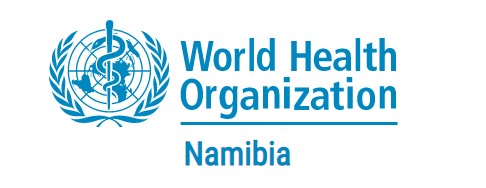Omaheke Region is known for its agricultural potential especially in cattle raring, but its increasingly becoming popular for its milestone achievement in the Health Promoting School Initiative being the only region that has embraced this initiative in all its 47 schools.
In our quest for the achievement of Vision 2030, health and education are fundamental said the Governor of Omaheke Region, Honorable Pio Nganate. He made this statement during a special award ceremony where both the Ministry of Education, Arts and Culture and Ministry of Health and Social Services recognized the efforts and hard work of school who met the criteria of a health promoting school.
The schools were awarded in 4 categories of bronze, silver, gold, and platinum and 9 of the 47 schools were awarded a bronze plate, 10 silver, 10 gold and 18 platinum.
Hon Nganate said that the schools create a unique opportunity to improve both the education and health status of learners and that the school health programme provides a unique opportunity for Namibian children to grow and develop in an optimal learning environment.
He said that the success of the Omaheke Health Promoting School Initiative is largely owed to its multi-sectoral approach under the leadership of the MOHSS and MEAC in partnership with the HIV Section of Office of the Region Council. ‘Leadership at all levels (national, regional, community, school) is critical. In a Health Promoting School, continuous involvement of the principal, superintendent, school board, teachers, learners, and parents drive the creation of a healthy school environment’, said Hon. Nganate.
Dr Sirak Hailu, WHO Public Health Officer, speaking on behalf of the Officer-in-Charge, said that ‘WHO has long recognized the link between health and education and the potential for schools to play a central role in safeguarding student health and well-being. In 1995, WHO launched the Global School Health Initiative, which aimed to strengthen approaches to health promotion in schools. Among those approaches, pairing children with health services occupies an important place’.
The health of young people, and the adults they will become, is critically linked to the health-related behaviors they choose to adopt and school health is an invaluable avenue to positively influence children and adolescents’ Dr Sirak stated.
The school health programme was introduced in 1998 in Namibia and has since been implemented in all 14 regions of the country. A memorandum of understanding between the Ministry of Health and Social and Ministry of Education, Arts and Culture is in place supported by multi-sectoral coordination mechanism at both national and regional level. Although most schools have different health education programmes in schools, most schools are yet to adapt the health promoting school initiative. WHO remains committed to supporting the government of Namibia in realizing the health and wellbeing of children and adolescents in schools and will continue to work with its partners towards this objective.
Distributed by APO Group on behalf of World Health Organization (WHO) – Namibia.

